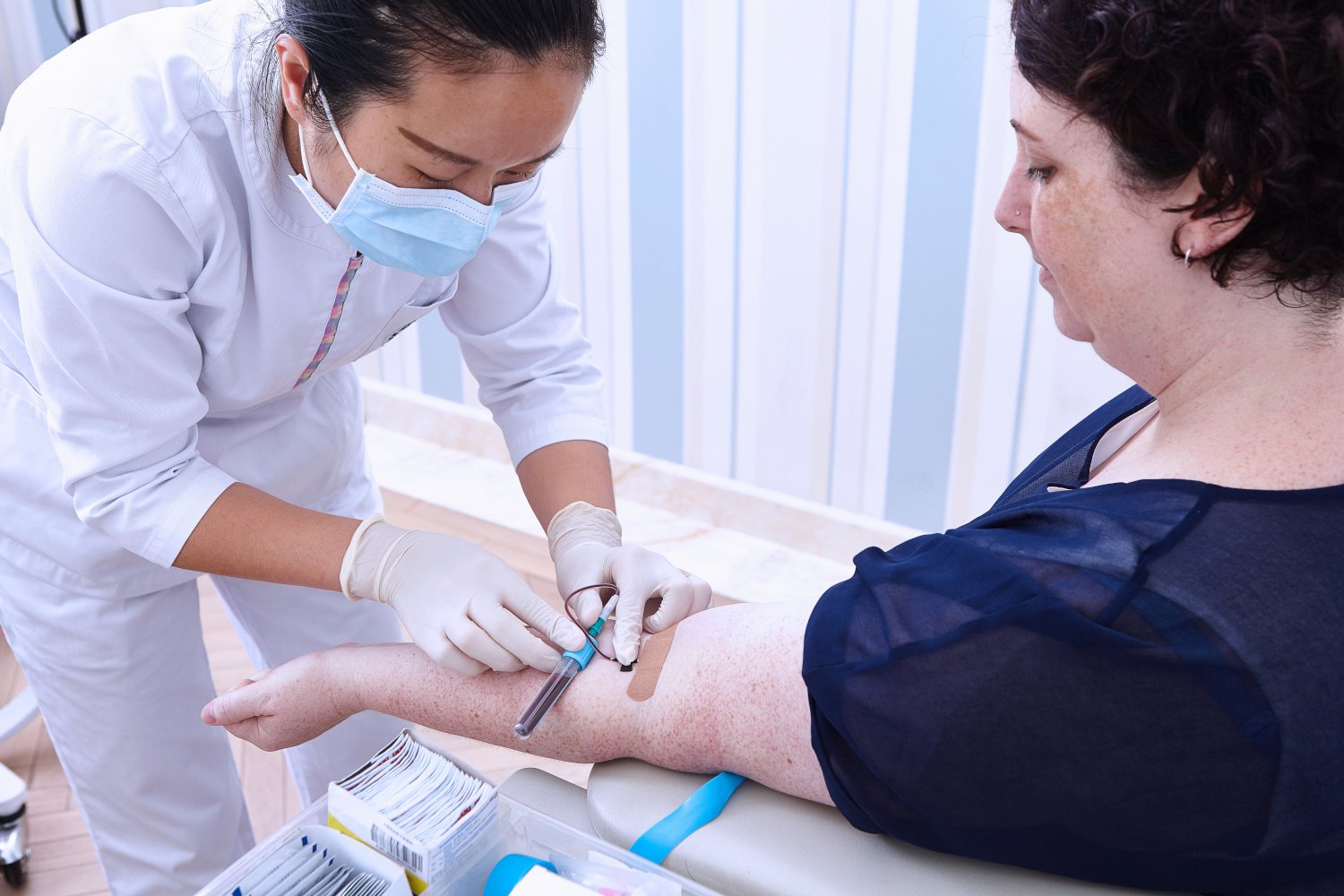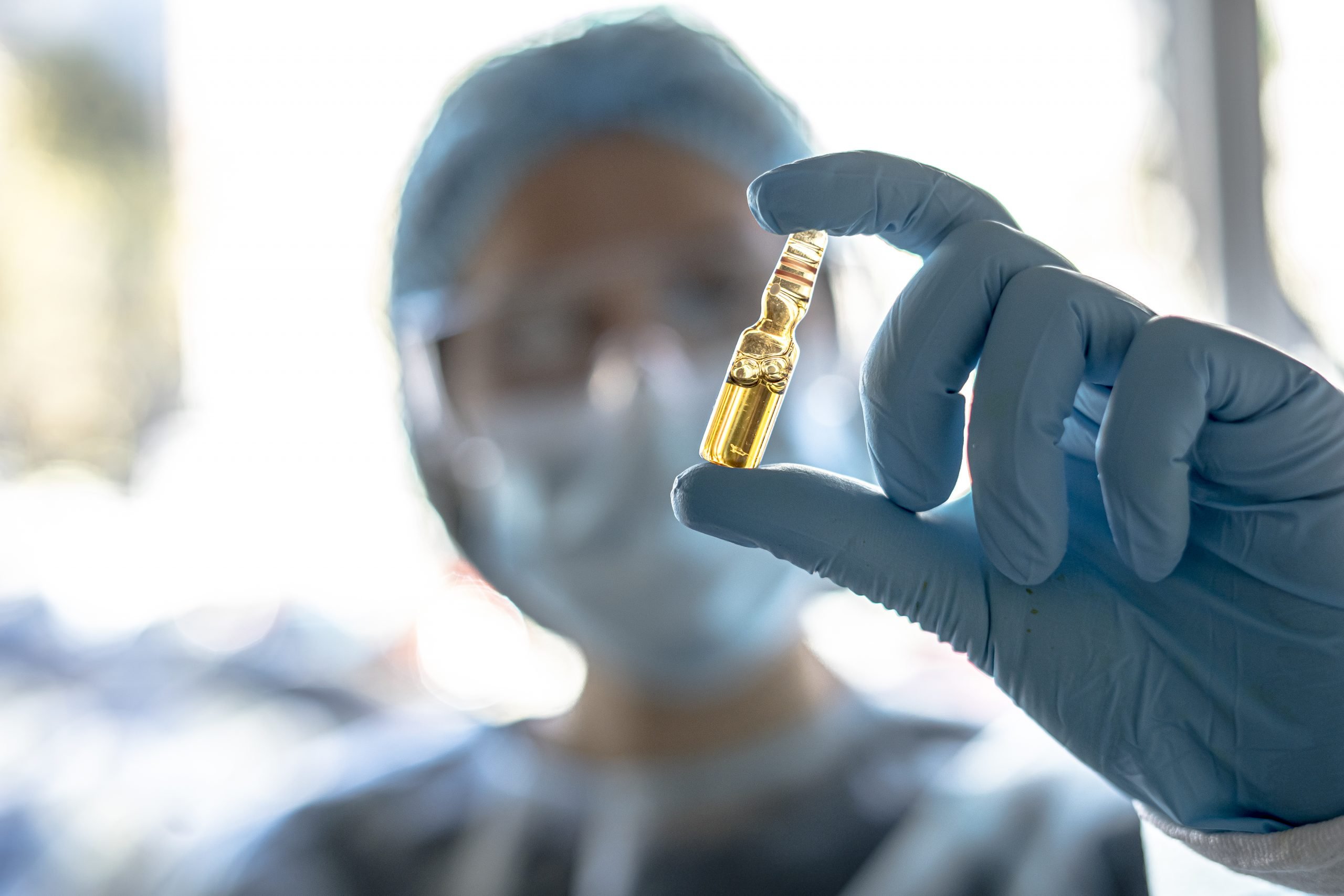Ketamine therapy has a long history, originally developed in the 1960s as an anesthetic for surgeries. Over the years, its unique properties were discovered to offer benefits beyond anesthesia. Initially used primarily in medical and veterinary settings for its reliable anesthetic effects, ketamine’s potential in treating mental health conditions has only recently been fully explored. In recent decades, researchers have found ketamine for depression to be particularly effective. Unlike traditional antidepressants, which can take weeks to show effects, ketamine acts quickly, providing relief from depressive symptoms in a matter of hours or days. This rapid response is especially beneficial for individuals experiencing severe, treatment-resistant depression or those in crisis. Ketamine’s ability to offer swift and substantial improvement in mood and mental state makes it a valuable tool for those in urgent need of mental health intervention. Its role in modern psychiatry continues to grow as more studies confirm its efficacy and safety in treating various mental health disorders.
Ketamine therapy for depression has emerged as a groundbreaking treatment option, especially for individuals who haven’t responded well to traditional antidepressants. Depression affects millions of people worldwide, leading to significant impairment in daily functioning and quality of life. The ability of ketamine treatment for depression to provide rapid relief offers hope to many who have been struggling with persistent depressive symptoms. This makes it an essential consideration for healthcare providers and patients looking for effective depression treatments.

How Ketamine Therapy Works
Mechanism as an NMDA Receptor Antagonist
Ketamine therapy works primarily as an NMDA receptor antagonist. This means it blocks certain receptors in the brain that are involved in mood regulation and pain perception. By inhibiting these receptors, ketamine therapy for depression can alter brain activity in ways that improve mood and reduce depressive symptoms. This mechanism is different from traditional antidepressants, which typically target serotonin or norepinephrine pathways.
Increased Glutamate Activity and Synaptic Growth
One of the key effects of ketamine therapy is the increase in glutamate activity. Glutamate is a neurotransmitter that plays a crucial role in brain function, particularly in synaptic plasticity, which is the brain’s ability to adapt and reorganize itself. Ketamine infusion for depression promotes the growth of new synaptic connections, which can help restore normal brain function and alleviate depressive symptoms. This synaptic growth is a critical factor in the rapid and sustained antidepressant effects of ketamine.
Comparison with Traditional Antidepressants
When comparing ketamine therapy to traditional antidepressants, several differences stand out. Traditional antidepressants often take weeks to start working and may come with a range of side effects. In contrast, ketamine treatment for depression can provide relief within hours or days, making it a faster-acting option. Additionally, ketamine’s side effects are typically short-lived and manageable under medical supervision. This rapid onset and favorable side effect profile make ketamine for depression a compelling alternative to conventional treatments.
Rapid Onset of Antidepressant Effects
One of the most notable advantages of ketamine therapy is its rapid onset of antidepressant effects. Patients often experience significant mood improvements within hours of their first treatment. This quick response is especially beneficial for those with severe depression or those at risk of suicide. The ability to quickly alleviate symptoms can provide immediate relief and a crucial window of stability, allowing patients to engage more effectively in other therapeutic interventions. This swift action sets ketamine therapy for depression apart from many other treatment options.
Forms of Ketamine Therapy
Ketamine Infusions (Intravenous Administration)
Ketamine infusion for depression is one of the most common and effective forms of administering ketamine. This method involves delivering ketamine directly into the bloodstream through an intravenous (IV) line. The infusions are typically administered in a clinical setting under the supervision of a healthcare professional. This ensures that the correct dosage is given and allows for immediate medical intervention if any side effects occur. Patients usually undergo a series of sessions, with each session lasting about 40 minutes to an hour. The controlled environment of a clinic helps ensure the safety and efficacy of the treatment.
Ketamine Injections (Intramuscular Administration)
Ketamine injections for depression involve administering ketamine into the muscle tissue. This method provides a quicker onset of action compared to oral administration but is slightly slower than IV infusions. Intramuscular injections can be a practical alternative for patients who might not have easy access to an infusion clinic or prefer a less invasive method. These injections are typically given in a clinic, though some protocols allow for administration at home under specific conditions. Like infusions, the dosing and monitoring are crucial to ensure the treatment’s effectiveness and safety.
At-Home Ketamine Therapy (Nasal Sprays and Lozenges)
At-home ketamine therapy offers a convenient and flexible option for patients. This form includes nasal sprays and lozenges that patients can use under the guidance of a healthcare provider. Ketamine therapy at home allows patients to maintain their treatment regimen without frequent clinic visits, making it an attractive option for those with busy schedules or mobility issues. However, it is essential to have proper medical oversight to manage dosing and monitor any potential side effects. The convenience of at-home therapy can significantly enhance adherence to treatment plans and improve overall outcomes.
Oral Ketamine Options
Oral ketamine is another form of ketamine therapy that can be used to treat depression. This method involves taking ketamine in pill form, which is then absorbed through the digestive system. While oral administration is less invasive than IV or intramuscular injections, it can be less predictable in terms of absorption and onset of effects. Nevertheless, it provides a more straightforward and accessible option for long-term maintenance therapy. Patients using oral ketamine must follow their healthcare provider’s dosing instructions closely to ensure the treatment’s effectiveness and safety.
Conditions Treated with Ketamine
Ketamine has emerged as a powerful treatment option for a variety of mental health conditions, particularly when traditional therapies have not been effective. Below are key conditions treated with ketamine:
Ketamine for Depression
- Effective for Treatment-Resistant Depression: Ketamine for depression is highly effective, especially for those with treatment-resistant depression. Traditional antidepressants often fail to provide relief for these patients, making ketamine treatment for depression a vital alternative.
- Rapid Symptom Reduction: By targeting different pathways in the brain, ketamine treatment for depression can rapidly reduce depressive symptoms. This rapid response can be life-changing, providing a significant improvement in mood and overall quality of life for those who have not found success with other treatments.
Ketamine for Anxiety
- Promising Application: Ketamine for anxiety is another promising application of this therapy. Anxiety disorders can be debilitating, affecting various aspects of a person’s life.
- Modulation of Neurotransmitters: Ketamine for anxiety and depression works by modulating neurotransmitters in the brain. This helps alleviate the intense feelings of worry and fear that characterize anxiety disorders.
- Quick Symptom Relief: Patients often report a quick reduction in anxiety symptoms, allowing them to engage more fully in daily activities and enjoy a better quality of life.
Treatment-Resistant Depression
- New Hope for Patients: For those suffering from treatment-resistant depression, ketamine therapy offers a new ray of hope. This condition is marked by a lack of response to traditional antidepressant medications.
- Different Mechanism of Action: Ketamine treatment for depression works through a different mechanism, which can be effective even when other treatments have failed. This makes it an essential option for patients and healthcare providers seeking alternative solutions for managing severe depression.

Other Potential Applications
- Chronic Pain Management: Beyond depression and anxiety, ketamine therapy is being explored for chronic pain management. Its unique properties make it a valuable option for those suffering from persistent pain conditions.
- PTSD and Bipolar Disorder: Ketamine therapy is also being studied for its potential in treating PTSD and bipolar disorder. Early research shows promising results, indicating that ketamine could offer significant relief for these conditions.
- Expanding Therapeutic Landscape: Research is ongoing, and the therapeutic landscape for ketamine therapy continues to expand. As understanding of its mechanisms grows, so does its potential to offer relief for a wider range of conditions. This makes ketamine therapy a versatile and valuable tool in modern medicine.
Exploring Ketamine Clinics
Importance of Specialized Ketamine Clinics
Specialized ketamine clinics play a crucial role in the effective administration of ketamine therapy. These clinics are equipped with the necessary medical expertise and facilities to provide safe and effective treatment. The environment in these clinics is tailored to support patients through their treatment journey, ensuring they receive the best possible care. Specialized clinics also offer comprehensive assessments and personalized treatment plans, enhancing the overall effectiveness of ketamine therapy for depression.
Factors for Selecting the Best Clinic
When choosing the best ketamine therapy clinic, several factors should be considered. Look for clinics with experienced and certified medical staff who specialize in administering ketamine therapy. The clinic should have a solid reputation, with positive reviews and testimonials from previous patients. Additionally, consider the clinic’s approach to treatment, including the availability of follow-up care and support services. These factors are critical in ensuring a positive treatment experience and successful outcomes.
Reputation and Expertise of Medical Staff
The reputation and expertise of the medical staff are paramount when selecting a ketamine clinic. Highly qualified professionals with extensive experience in ketamine therapy can provide better care and manage any potential side effects effectively. Their expertise ensures that patients receive accurate dosing and monitoring, crucial for the treatment’s success. Trustworthy clinics often have board-certified psychiatrists and anesthesiologists who can handle complex cases and provide comprehensive care.
Financial Accessibility of Ketamine Therapy
Finding Low-Cost Ketamine Treatments
Low-cost ketamine treatment is crucial for making this effective therapy accessible to a broader range of patients. The cost of ketamine therapy can vary significantly based on the clinic, location, and specific treatment protocol. Some clinics offer sliding scale fees based on income, which can make treatment more affordable. Additionally, community health centers and some non-profit organizations may provide financial assistance or lower-cost options for those in need. It’s important to research and ask about these options when seeking ketamine treatment for depression.
Insurance Coverage and Financial Assistance
Insurance coverage for ketamine therapy in Los Angeles can be inconsistent, as not all insurance providers cover this treatment. However, more insurance companies are starting to recognize the effectiveness of ketamine therapy for depression and are beginning to offer coverage. Patients should check with their insurance provider to understand their benefits and coverage for ketamine treatment in Los Angeles. Additionally, some clinics offer financing plans or can help patients apply for medical loans to cover the cost of treatment, making it more accessible.
Tips for Affordability and Budgeting
Affordability and budgeting are important considerations when planning for ketamine therapy. Patients should start by researching the costs at different clinics and comparing their options. Asking about payment plans, discounts, or financial assistance programs can also help manage costs. Setting a budget for treatment and considering all related expenses, including travel and time off work, is essential. By planning ahead and exploring all available financial resources, patients can make ketamine therapy more affordable.
Integrating Ketamine Therapy into Broader Treatment Plans
Combining Ketamine with Psychotherapy
Combining ketamine therapy with psychotherapy can enhance treatment outcomes for patients with depression. Ketamine treatment for depression can provide rapid symptom relief, creating a more receptive state for engaging in psychotherapy. This integrated approach allows patients to work through underlying issues and develop coping strategies more effectively. Many clinics offer combined treatment plans that include both ketamine therapy and psychotherapy sessions, providing comprehensive care.
Use of Ketamine Alongside Other Medications
Ketamine therapy can be used alongside other medications to manage depression and anxiety more effectively. Patients may continue taking their prescribed antidepressants while undergoing ketamine infusions for depression. This combination can provide immediate relief from ketamine therapy while maintaining the long-term benefits of traditional medications. Healthcare providers will closely monitor the interaction between ketamine therapy and other medications to ensure safety and optimal treatment outcomes.
Holistic Approach to Mental Health Care
A holistic approach to mental health care involves integrating ketamine therapy with other treatments and lifestyle changes to address the overall well-being of the patient. This may include combining ketamine therapy with exercise, nutrition, mindfulness practices, and other therapeutic interventions. By taking a comprehensive approach, patients can achieve better mental health outcomes and improve their quality of life. Ketamine therapy becomes one part of a broader, individualized treatment plan.
Ongoing Research and Future Developments
Ongoing research into ketamine therapy continues to reveal new potential applications and improvements in treatment protocols. Researchers are exploring how ketamine for depression and anxiety can be optimized and how it might benefit other mental health conditions. Future developments in ketamine therapy aim to enhance its effectiveness, reduce side effects, and make it more accessible to a wider range of patients. Staying informed about the latest research ensures that patients and healthcare providers can make the best treatment decisions.
Ketamine therapy offers a unique and effective treatment option for depression, especially for those who have not found relief with traditional treatments. Its rapid onset of action and ability to provide significant symptom relief make it a valuable tool in mental health care. Ketamine therapy is available in various forms, including infusions, injections, and at-home options, allowing for flexibility in treatment.
Hope for Those Struggling with Traditional Treatments
For individuals struggling with treatment-resistant depression, ketamine therapy provides new hope. Its ability to quickly reduce symptoms can significantly improve quality of life and offer a path to better mental health. Patients who have not responded to other treatments may find ketamine therapy to be a lifesaving alternative.

Continued research into ketamine therapy is essential to further understand its mechanisms, optimize its use, and explore new applications. As the body of evidence grows, ketamine therapy will become an even more integral part of mental health treatment. Supporting ongoing research ensures that patients receive the most effective and innovative care possible.
Ketamine therapy represents a promising advancement in the treatment of depression and other mental health conditions. For those considering this treatment, consulting with a qualified healthcare provider is the first step. By exploring the various forms of ketamine therapy and finding the right clinic, patients can access this innovative treatment and potentially transform their mental health. As the understanding of ketamine therapy continues to evolve, it holds the promise of providing relief and hope to many more individuals in the future.


























